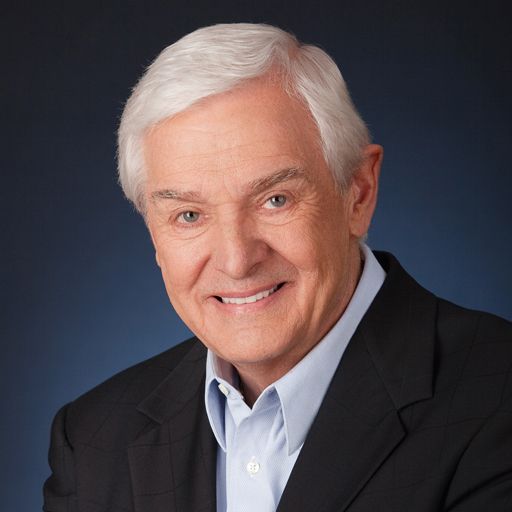“Doubting” was his nickname. Never mind that prior to his lapse, he volunteered to die with Jesus. Never mind that after his lapse, he took the Gospel to India where, according to our best traditions, he was martyred. We remember him most for his qualms following the Crucifixion, and we call him D. T.—“Doubting Thomas.”
We identify with him. It’s not that we struggle with doubts about the resurrection of Christ. We’re convinced of that. But none of us trusts as we ought. So the Bible gives us Thomas, the forerunner of all who occasionally question; and his story assures us of the patience of our Lord Jesus.
When Jesus spent a final night teaching His disciples in the Upper Room, Thomas broke in with the question they all wanted to ask: “Lord, we do not know where You are going, and how can we know the way?” (John 14:5) On the day of our Lord’s crucifixion, however, D. T. was nowhere to be seen, nor did he meet with the other disciples three days later amid the flurry of rumors and reports of the Resurrection. We can only assume he was embittered and disillusioned, no longer wanting to associate with the Twelve.
Nevertheless, Thomas joined them the following Sunday. Perhaps he was nagged into coming, or maybe he was beginning to doubt his doubts. At any rate, it was a night of nights, for “Jesus came, the doors being shut, and stood in the midst, and said, ‘Peace to you!’ Then He said to Thomas, ‘Reach your finger here, and look at My hands; and reach your hand here, and put it into My side. Do not be unbelieving, but believing’” (John 20:26-27).
I imagine Thomas sank to his knees as he uttered: “My Lord and my God!” (verse 28) Picture in your mind’s eye the Lord Jesus stepping closer, holding out His scarred hands, pulling aside His robe, and making Thomas run his trembling finger over the scars.
We can learn a few things from the hands of the doubter.
Doubts Are Normal
First, doubts are normal. Imagine, after all, the trauma Thomas experienced. His Savior had been strung up on the cross and slaughtered like an animal. Thomas and his compatriots were in danger of arrest and crucifixion themselves. He must have thought, “How could I have been so mistaken? Why did it end this way?”
Sometimes we feel we should never question God. Maybe so, but we do question. We entertain doubts and ask why. I’ve been in the emergency room with families facing the sudden loss of a loved one. I’ve been with patients dying slowly of an agonizing disease. I’ve watched members of my church suffer financial loss. None of us is immune from the “D. T. Syndrome.”
Jesus Is Patient
In the face of such doubts, Jesus is patient. He didn’t even rebuke Thomas, at least not directly. He just said, in effect, “Thomas, look at these scars. Let your doubting fingers touch my nail-printed palms. Don’t be doubting, but believing.”
Jesus understands. After all, He Himself cried on the cross: “My God, My God, why . . .?” (Matthew 27:46) Thomas’s doubt actually had a tremendous outcome. First, it resulted in Thomas having a closer relationship with Christ than ever before. Second, it prompted Jesus to utter a special blessing in John 20:29: “Thomas, because you have seen Me, you have believed. Blessed are those who have not seen and yet have believed.”
Evidence Is Available
The third lesson, however, is that evidence is available. In the days following the Resurrection, He showed himself alive with many infallible proofs (Acts 1:3). Everywhere we look, we’re surrounded by tokens of His grace. His Word is attested and confirmed in many different ways. His genius is clearly seen in the marvels of His creation. His ability to change lives is evidenced in thousands of testimonies. Faith isn’t a blind leap into the dark, but a reasonable response to the evidence God provides of His existence, His love, and His resurrection power.
We may not have all the answers, but we can learn something from Doubting Thomas. Doubts are normal. Jesus is patient. And evidence is available. As Jesus put it to Thomas: Don’t be doubting, but believing.
####
Dr. Jeremiah is the founder and host of Turning Point for God and senior pastor of
Shadow Mountain Community Church in El Cajon, California.
For more information on Turning Point, go to
www.DavidJeremiah.org





